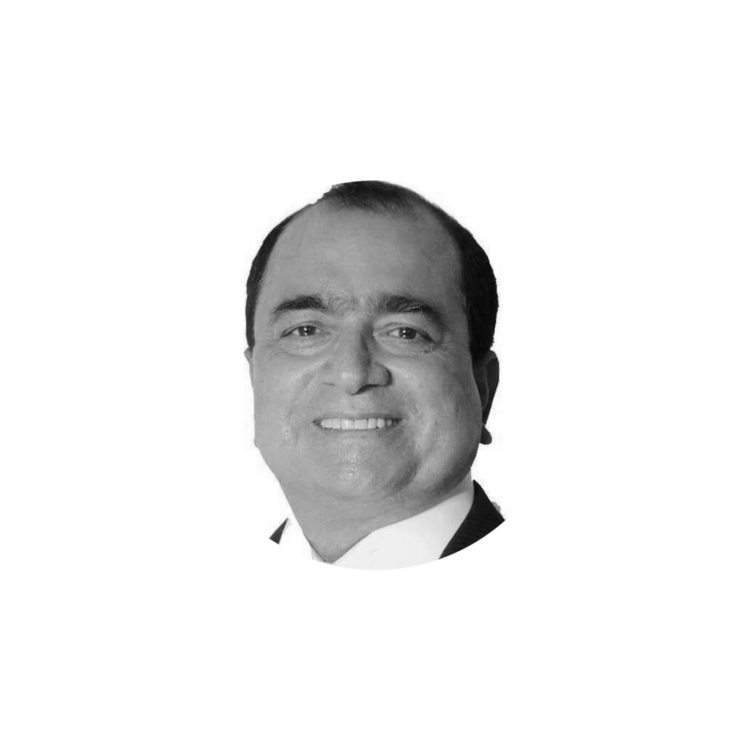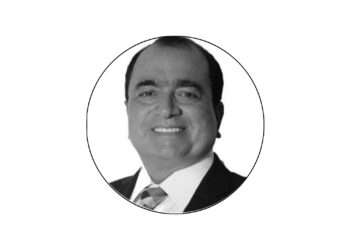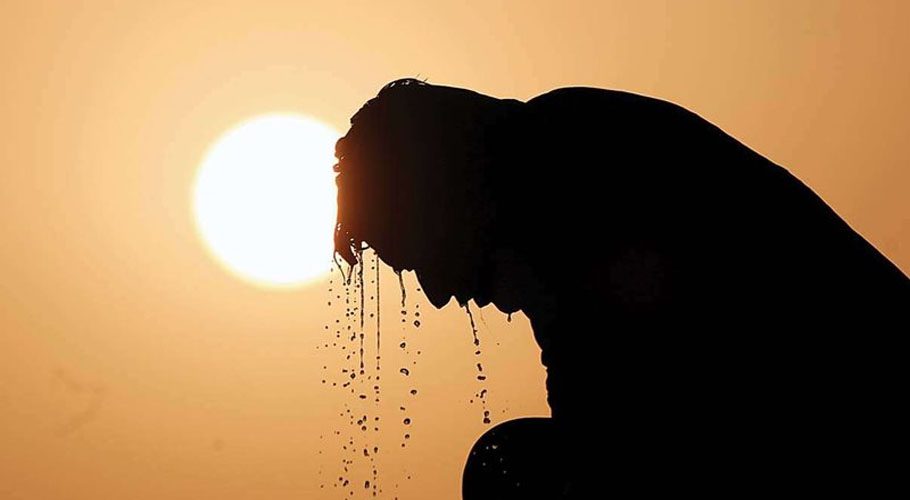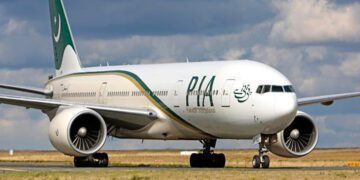As the curtains fell on the Astana International Forum (AIF) 2025, it left behind more than just photo ops and panel discussions — it left behind a compelling reminder that in an era of global uncertainty, the pursuit of cooperation is not a luxury, but an imperative.
Held under the theme “Connecting Minds, Shaping the Future,” this year’s edition convened in the Kazakh capital at a time when international diplomacy is facing one of its greatest credibility crises in recent memory. Wars rage on, climate extremes are intensifying, trust in multilateralism is eroding, and the gap between rhetoric and real action continues to widen. Against this bleak backdrop, Kazakhstan — a middle power by geography and design — sought to reposition itself as a bridge-builder in a fractured world.
In his opening address, President Kassym-Jomart Tokayev delivered a sober assessment of the post-World War II order. “The post-war global order is fragmenting. Protectionism is rising. Multilateralism is faltering,” he said, before outlining Kazakhstan’s guiding principle of “unity in diversity.” His remarks were not just a diagnosis but a call to action — a reminder that if cooperation is to survive, it must be actively defended and rebuilt.
The forum’s geopolitical subtext was clear: the center is no longer holding. Global institutions that once provided order are being challenged by nationalism, unilateralism, and populist backlash. Tokayev’s framing of Kazakhstan as a convening force in a multipolar world was timely, and arguably strategic. Positioned at the intersection of China, Russia, South Asia, and Europe, Kazakhstan’s geographic fate has always required diplomatic dexterity. In 2025, that skillset has become a global necessity.
What distinguished AIF 2025 from many multilateral gatherings was its diversity of voices — not just in nationality but in worldview. Rwandan President Paul Kagame praised Kazakhstan’s development model as “a reflection of its leadership, resilience, and its people,” while President Gordana Siljanovska Davkova of North Macedonia urged leaders to “think fast, or faster” in the face of compounding crises.
The forum’s sessions reflected this urgency. Alain Berset, Secretary General of the Council of Europe, underscored that democracy cannot be treated as a side issue in discussions of climate, security, or economics. “Let us be honest — these cannot be secured if democracy fails,” he warned. In a period where democratic backsliding is becoming normalized in both the Global North and South, Berset’s remarks served as a stark reminder that values must be protected alongside interests.
Equally compelling was the presence of former UN Secretary-General Ban Ki-moon, now Chair of the Global Green Growth Institute, who lauded Kazakhstan’s convening power and collaborative tone. “This year’s theme reflects the kind of leadership we need today,” he said, “forward-looking and rooted in shared responsibility.” His words underscored what has become a growing consensus: middle powers must now step up where traditional giants have faltered.
Beyond geopolitics, AIF 2025 succeeded in humanizing complex issues. One of the most discussed sessions featured Amy E. Pope, Director-General of the International Organization for Migration (IOM), in a candid dialogue with CNN’s Max Foster. The conversation reframed migration not as a threat but as a potential driver of innovation, inclusion, and sustainable development — if approached with dignity and foresight.
Pope’s remarks were grounded in realism. With displacement now affecting more than 110 million people worldwide — driven by conflict, climate, and economic disparity — migration will define 21st-century geopolitics. Yet it is still framed largely in terms of deterrence. Her call for a new narrative around mobility — one anchored in rights and shared benefit — resonated deeply.
In another vital session, FAO Director-General Qu Dongyu made a striking assertion: “With proper management, investments, and new technologies, Kazakhstan can feed 1 billion people.” He wasn’t exaggerating. Kazakhstan’s vast arable land, if sustainably managed, positions it as a key player in regional and global food systems. In a world staring down the barrel of a food security crisis, this message was not only timely — it was strategic.
Perhaps the most consequential outcome of AIF 2025 was the reassertion of Central Asia’s relevance in the global equation. For decades viewed through the lens of its Soviet past or natural resource reserves, the region is now gaining diplomatic traction. In a fireside chat, former Austrian Chancellor Sebastian Kurz noted that “Europe is now seeing the need for deeper cooperation with this part of the world,” signaling a shift in perception.
Kazakhstan’s role in facilitating cross-regional dialogue — between East and West, North and South — may well become its lasting contribution to global diplomacy. It’s a region that understands coexistence not as a political ideal but as a cultural necessity. Its model of multi-vector foreign policy may not grab headlines, but in today’s geopolitical climate, quiet consistency is a virtue.
Too often, global forums are dismissed as elaborate talk shops — all sound, no substance. But AIF 2025 avoided this pitfall by foregrounding actionable dialogue, practical cooperation, and inclusive narratives. The involvement of UN agencies, civil society representatives, and private sector actors gave it a breadth that extended beyond official statements.
By the end of the forum, the message was clear: in a world where fragmentation is the trend, Astana stood as a reminder that connectivity — of minds, of policies, of people — still holds promise.
Kazakhstan did not claim to have all the answers. But it offered a platform for the questions the world needs to ask. How do we sustain multilateralism in an age of nationalism? How do we balance security with human rights? Can economic growth be decoupled from environmental degradation? And perhaps most critically — who speaks for the vulnerable in rooms where power is negotiated?
As delegates dispersed from Astana, the challenge now is one of follow-through. Will the conversations translate into commitments? Will shared aspirations lead to shared action? The answers will determine whether AIF 2025 is remembered as a fleeting gesture — or a turning point in global diplomacy.
In a world of fleeting attention spans, Kazakhstan has done something rare: it has asked the global community to pause, reflect, and reconnect — not just as nations, but as people. That, in itself, is an achievement worth noting. The rest is up to the world.

































